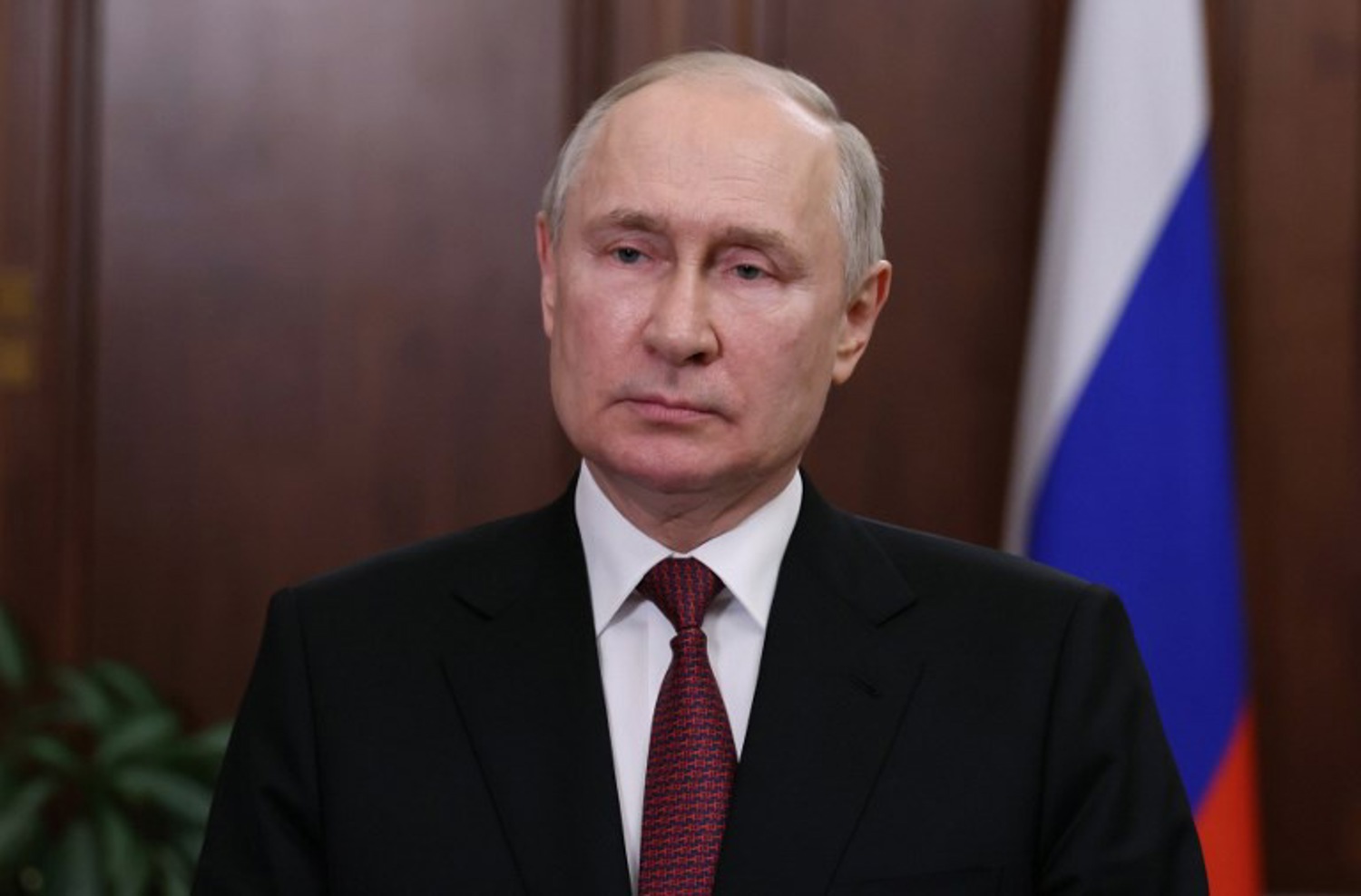South Africa has announced it will grant diplomatic immunity to all delegations for the BRICS summit in August – including Russian President Vladimir Putin.
There has been much speculation on whether the African country will enforce the international arrest warrant issued by the International Criminal Court (ICC) in March, given it is due to host the next two meetings.
Yet on Tuesday, South Africa granted diplomatic immunity to all the leaders of the BRICS countries (Brazil, Russia, India, China and South Africa) ahead of the two scheduled meetings.
On 1 and 2 June, foreign ministers will meet in the South African city of Cape Town. A summit with heads of state is also scheduled from 22 to 24 August, which Vladimir Putin is expected to attend, although his arrival has not yet been officially confirmed.
Under the ICC's international arrest warrant against Putin for war crimes committed in the 2022 invasion of Ukraine, South Africa (as a member of the ICC) is required to arrest Putin upon his arrival in the country.
According to South Africa's Department of International Relations, the granting of immunity is a standard procedure "that we apply to all international conferences held in South Africa", an announcement said. "The immunities apply to the conference and not to specific individuals. They are intended to protect the conference and its participants for the duration of the conference."
Related News
- South Africa 'erroneously' announces its withdrawal from the ICC
- International Criminal Court issues arrest warrant for Putin
- South Africa's neutral stance criticised after joint Chinese-Russian military announcement
South Africa has claimed an unaligned position in Russia's invasion of Ukraine. However, the African nation has come under criticism from Western allies after it hosted joint military exercises with Russia and China on the anniversary of the war in Ukraine. The country has not directly condemned or named Russia as the aggressor.
These actions, among others, have brought the country's unaligned stance into question.
Last month, South Africa stated it was withdrawing from the ICC, which critics saw as an attempt to free itself from the obligation, but later stated that it was a misunderstanding and that it would remain within the Court.

